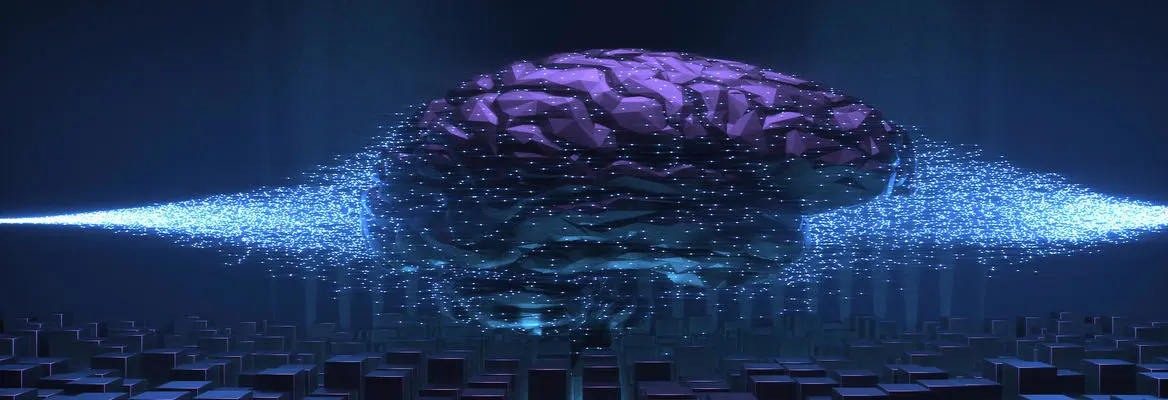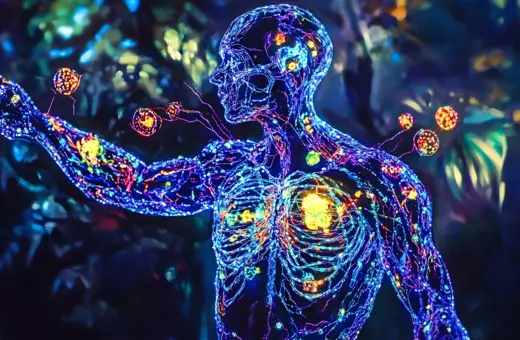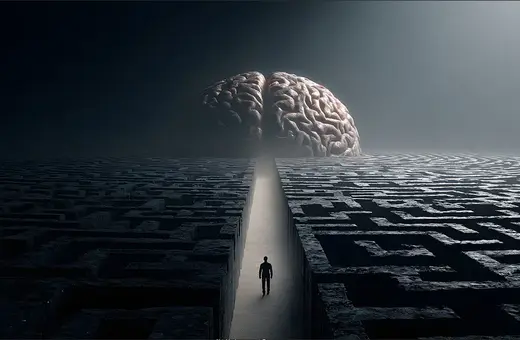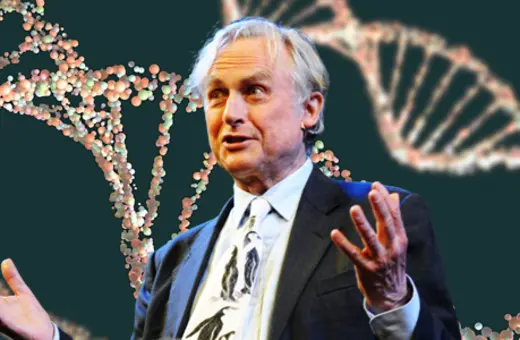Elon Musk is designing an electronic brain implant. The implant could help people with disabilities, improve our cognitive abilities and even lead to a form of digital immortality. But the technology is not without its dangers. The ability for a select few to enhance themselves and not others, could pose an existential threat to our societies, writes Éric Fourneret.
"Neuralink" is a start-up created by Elon Musk in 2016. The company’s main aim is brain implants development by means of electronic chips that are inserted into the brain and equipped with a form of artificial intelligence. This kind of technology focuses on helping persons with disabilities, for example, to communicate or to move. At first glance, "Neuralink" does not seem to present any particular ethical difficulties. Helping persons with disabilities respects the principle of beneficence, in other words, it acts or has qualities of mercy, kindness, generosity, charity, altruism, love, humanity, and promoting the good of others. But Elon Musk clarified his goal: "Over time I think we will probably see a closer merger of biological intelligence and digital intelligence" (World Government Summit in Dubai). And he continued: "Some high bandwidth interface to the brain will be something that helps achieve a symbiosis between human and machine intelligence.” In 2020, Musk indicated that "you could upload, you could basically store your memories as a backup and restore the memories, then ultimately you could potentially download them into a new body or into a robot body".
___
For a long time, Elon Musk was afraid of the prospect of deep artificial intelligence, also called the "Singularity".
___
For a long time, Elon Musk was afraid of the prospect of deep artificial intelligence, also called the "Singularity" – that is, the creation of an intelligent machine with a form of autonomy and a better organizational potential than human abilities. For him, this would be a dangerous situation which is why he supports research to merge human intelligence and artificial intelligence, and thus to avoid that the latter exceed the former. The brain implant development is conceptualized in this context, but we can notice a logical contradiction in Musk’s reasoning, e.g., developing AI to limit its advancement.
It is maybe excessive to consider Musk's thinking in terms of a philosophical system. It is rather a futurist vision of human beings, extrapolated from observable trends today, especially in space exploration, self-driving cars and the current development of AI. But, while Musk's thinking is not a philosophical system, it is nonetheless inspired by different philosophical theories. We can explore at least two of them.
The first dimension is anthropological: it is the idea of human perfectibility. We especially know it through Rousseau’s philosophy, but a version of it can be found in William Godwin’s writing: “By perfectible, it is not meant that he [the human being] is capable of being brought to perfection. But the word seems sufficiently adapted to express the faculty of being continually made better and receiving perpetual improvement; and in this sense, it is here to be understood. The term perfectible, this explained, not only does not imply the capacity of being brought the perfection, but stands in express opposition to it.” Thus, there is no apparent limit to perfectibility. This manner of understanding human perfectibility is typical to Musk’s vision of the human being.





















Join the conversation